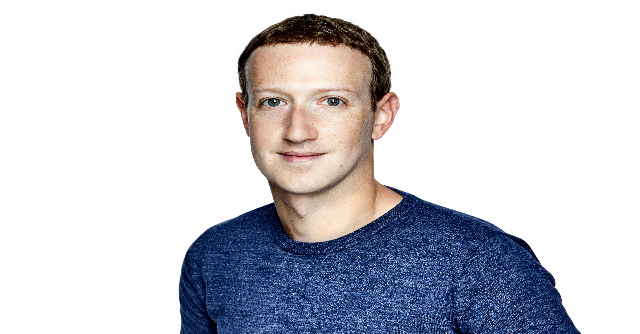
Meta's Zuckerberg sets sight on open source artificial general intelligence


Last week, Mark Zuckerberg, the CEO and co-founder of Meta, announced the company's commitment to developing artificial general intelligence (AGI). While AGI is a concept that has been discussed by prominent AI experts and institutions worldwide, Zuckerberg took it a step further by stating that Meta, the parent company of Facebook, intends to create an open-source AGI.
AGI involves building systems with human-like intelligence that can autonomously learn to perform tasks beyond their training. This stands in contrast to the current state of AI, which predominantly consists of narrow AI systems requiring explicit training.
“Our long-term vision is to build general intelligence, open source it responsibly, and make it widely available so everyone can benefit. We’re bringing our two major AI research efforts (FAIR and GenAI) closer together to support this,” Zuckerberg said in a Facebook post. Zuckerberg added that Meta is currently training its next generation model Llama 3. To that end, the company is building a ‘massive compute infrastructure’ which includes getting 350k H100 GPUs (H100 is Nvidia’s high-performance AI chip), which is expected to take the total GPUs owned by Meta to 600k by the end of year.
Not just Meta, ChatGPT-maker OpenAI has also spoken about AGI as the true Northstar of the AI firm. In fact, OpenAI’s ‘Charter’ says that the company’s mission is to build AGI that benefits all of humanity. Last year, a blog authored by Sam Altman said that OpenAI is adopting cautious approach in creation and deployment of its models as it inches closer to AGI. In the same blog, Altman said that the firm will develop new alignment techniques to make AGI ‘aligned with human values and follow human intent’.

Google-owned Deepmind (now called Google Deepmind) also mentions AGI in its mission statement. Co-founder Demis Hassabis indicated at a Wall Street Journal-hosted conference in April 2023 that highly capable, general AI systems could be ready sooner than previously anticipated.
Sam Altman, speaking at the World Economic Forum, suggested that AGI is "reasonably close-ish" in the future. He downplayed concerns, stating that AGI's impact on the world and jobs may be less drastic than commonly thought.
However, Andrew Ng, founder of Coursera and a respected AI pioneer, expressed skepticism in a November 2023 interview. Ng also noted that some companies with optimistic timelines may be redefining AGI, potentially lowering the expectations and the bar for achieving it. Ng, along with other experts like Yann LeCun and Fei-Fei Li, believes that AGI is still decades away.
